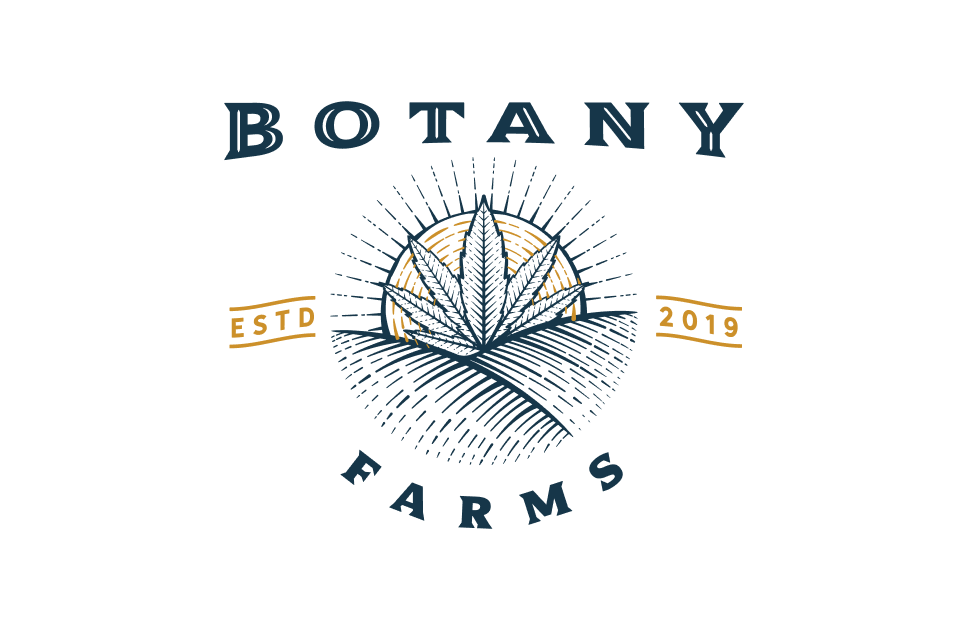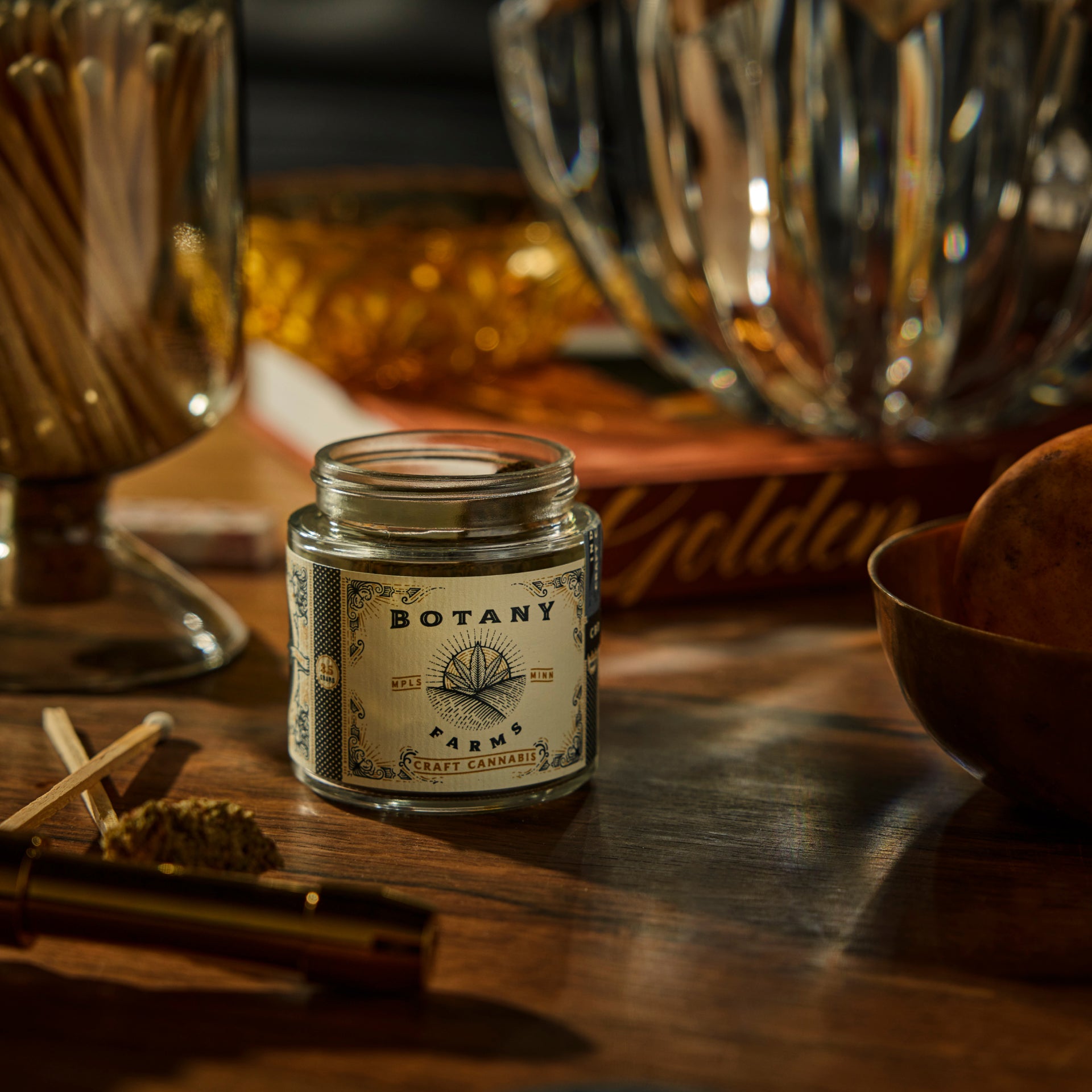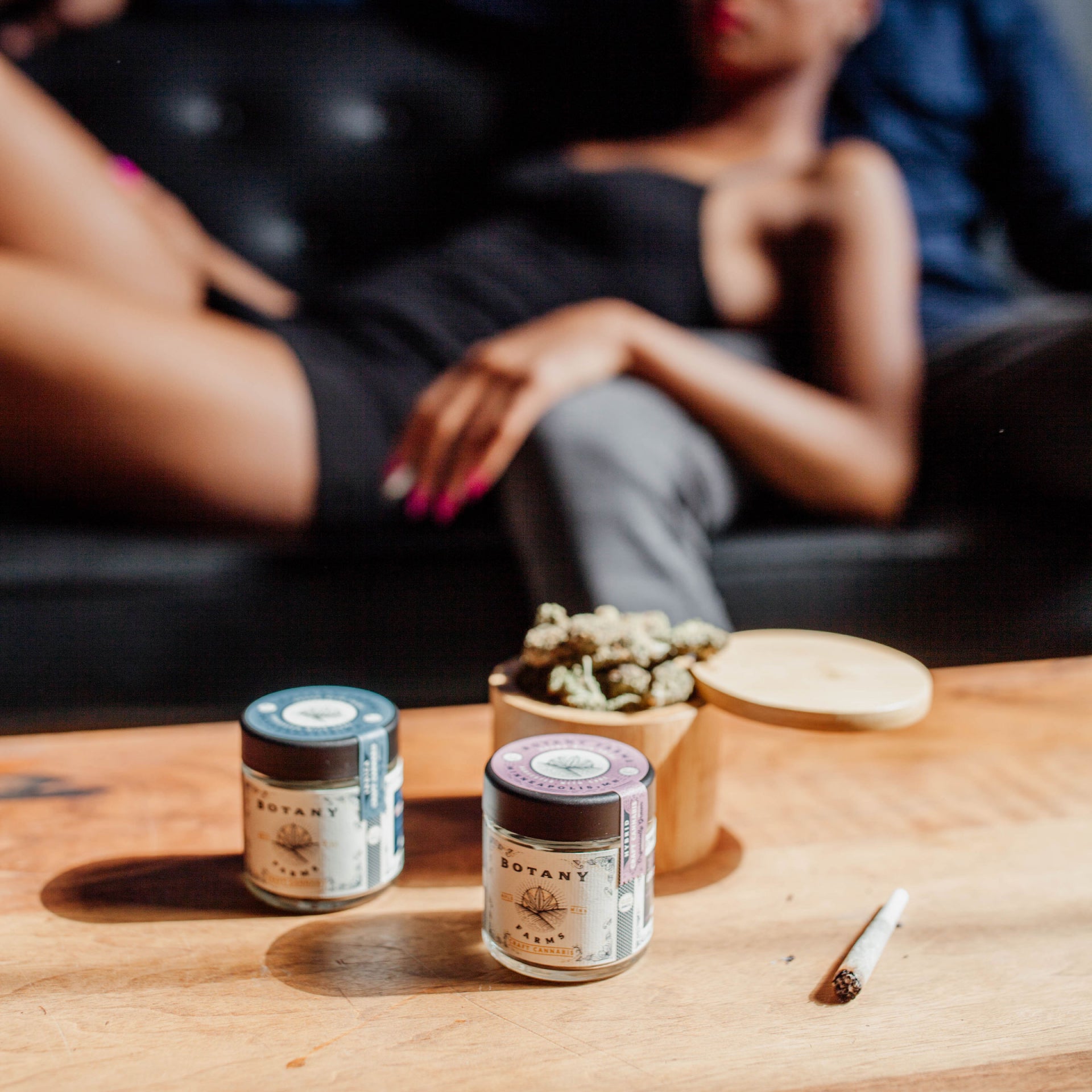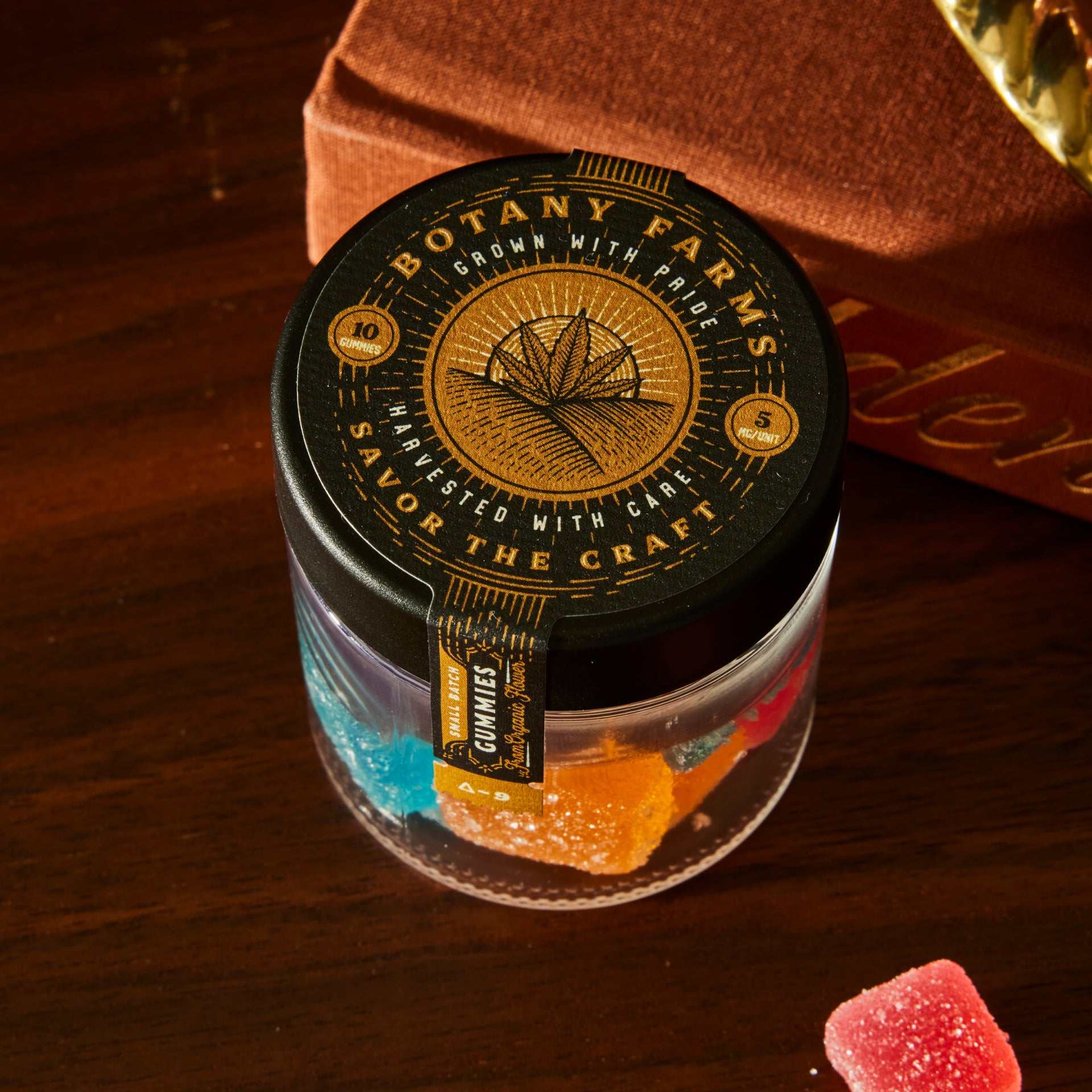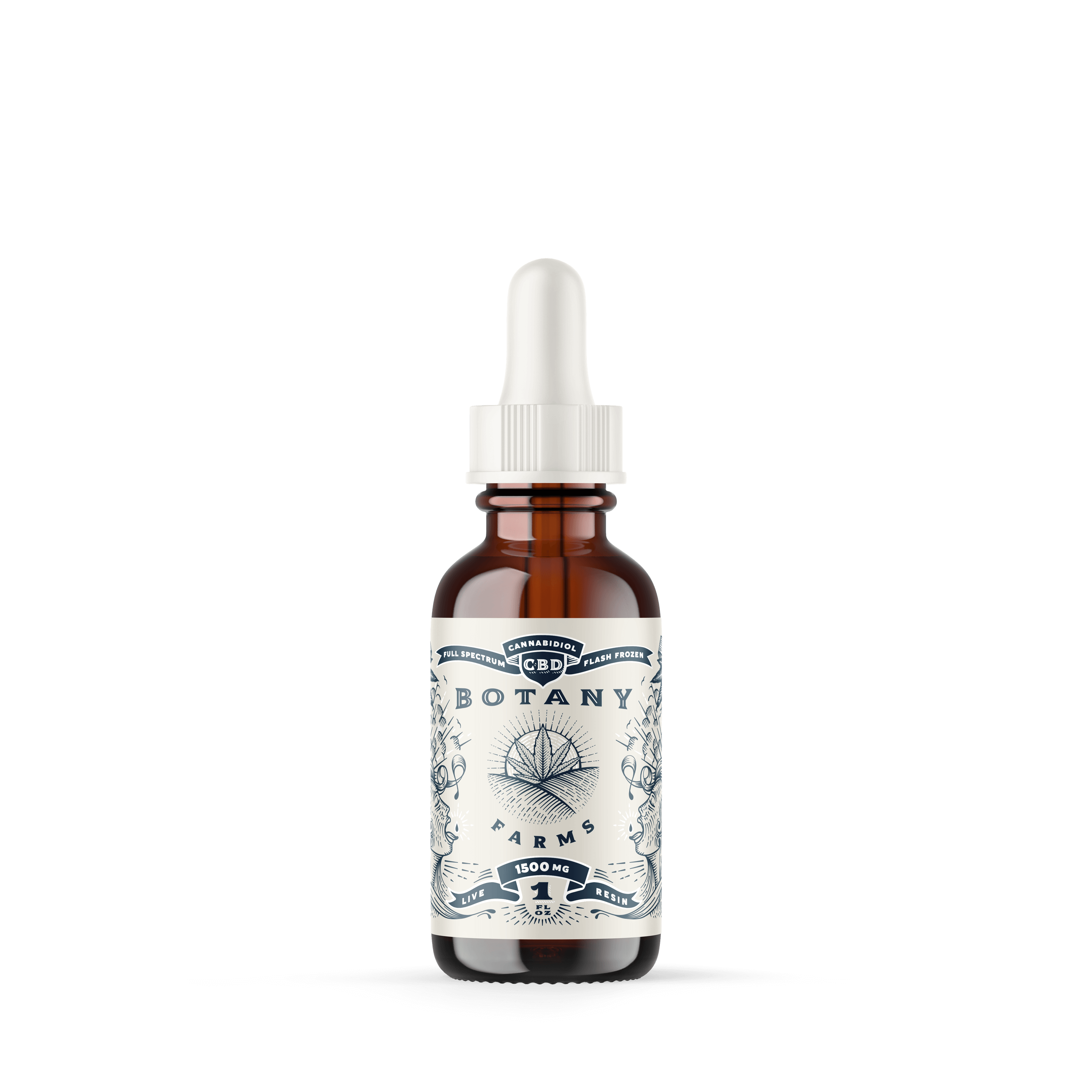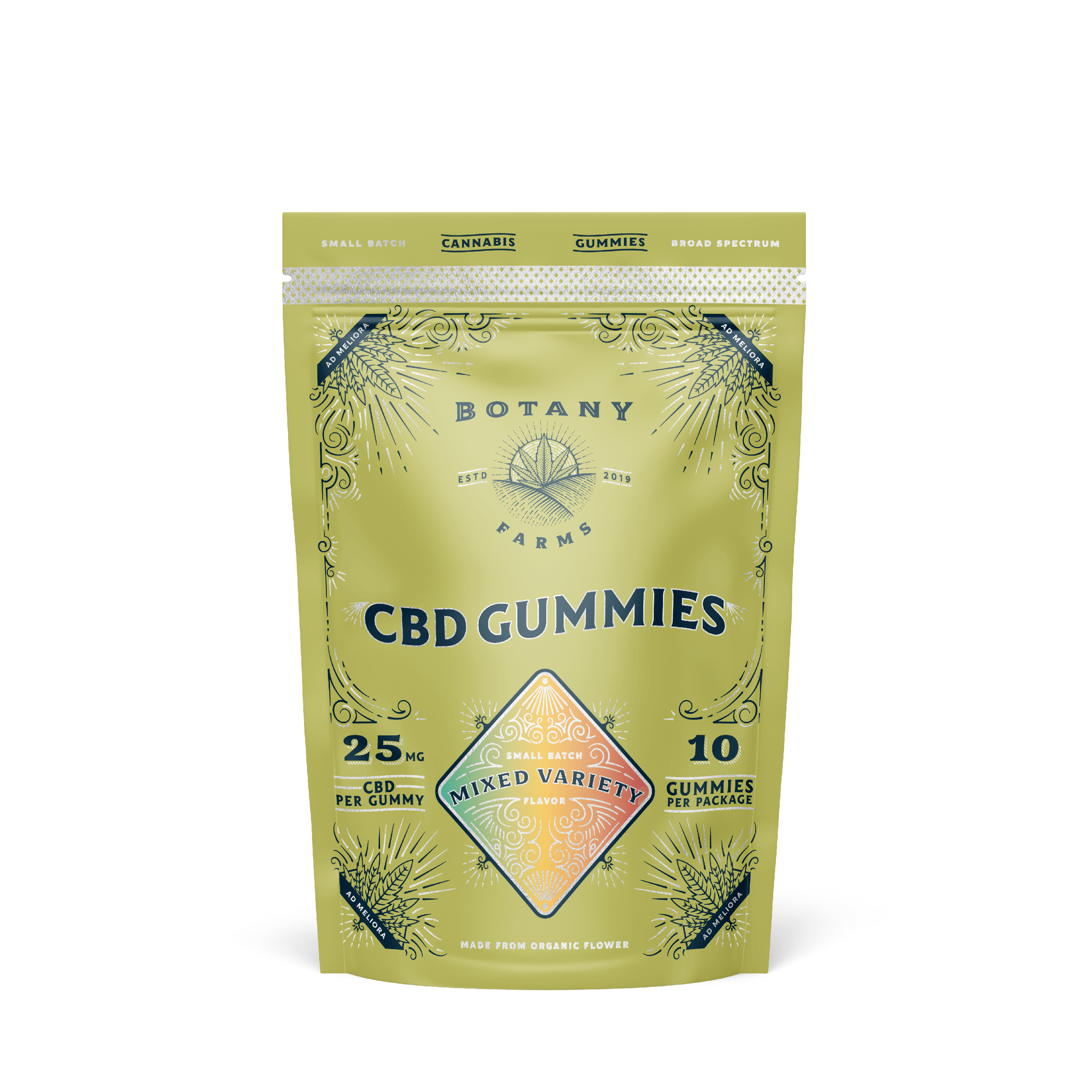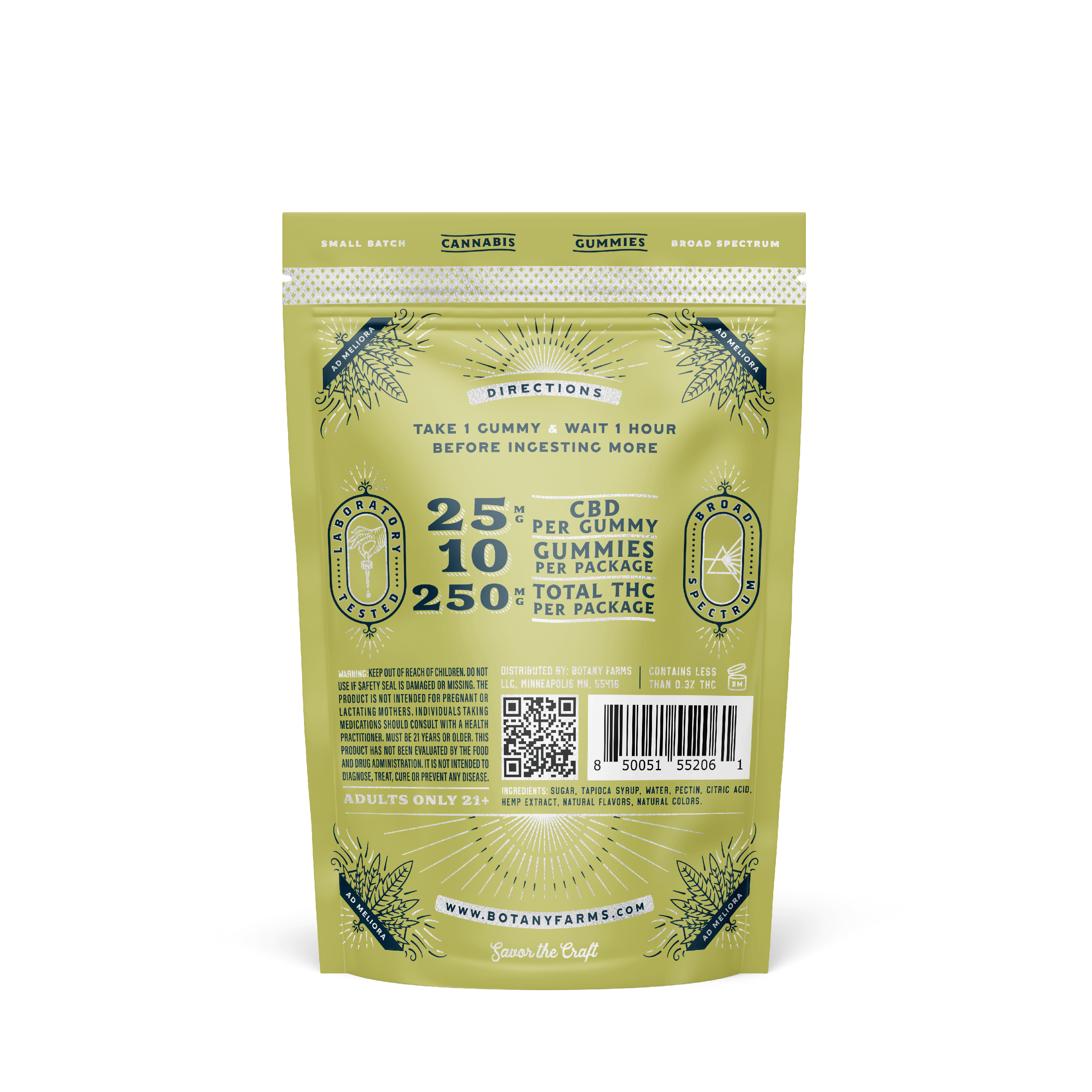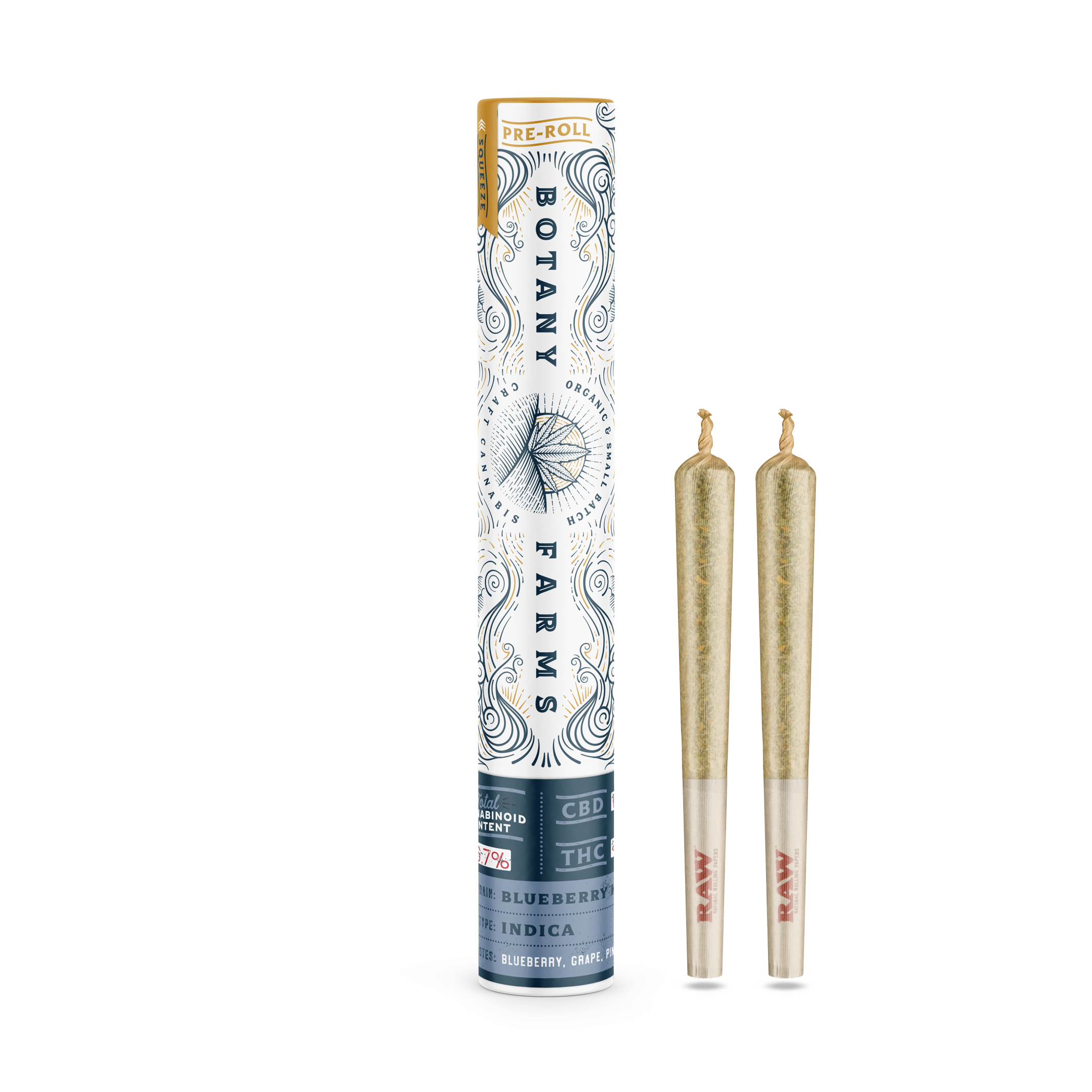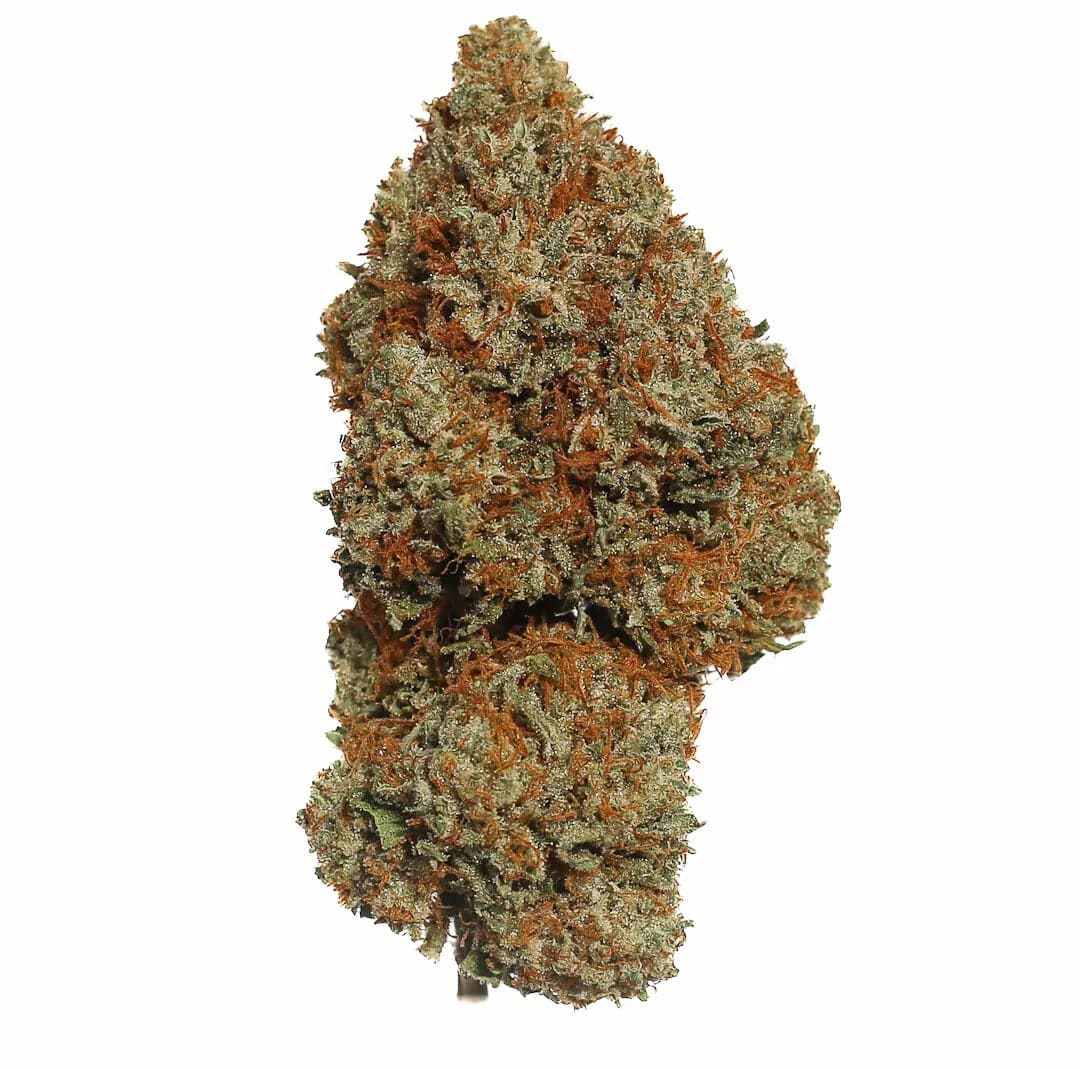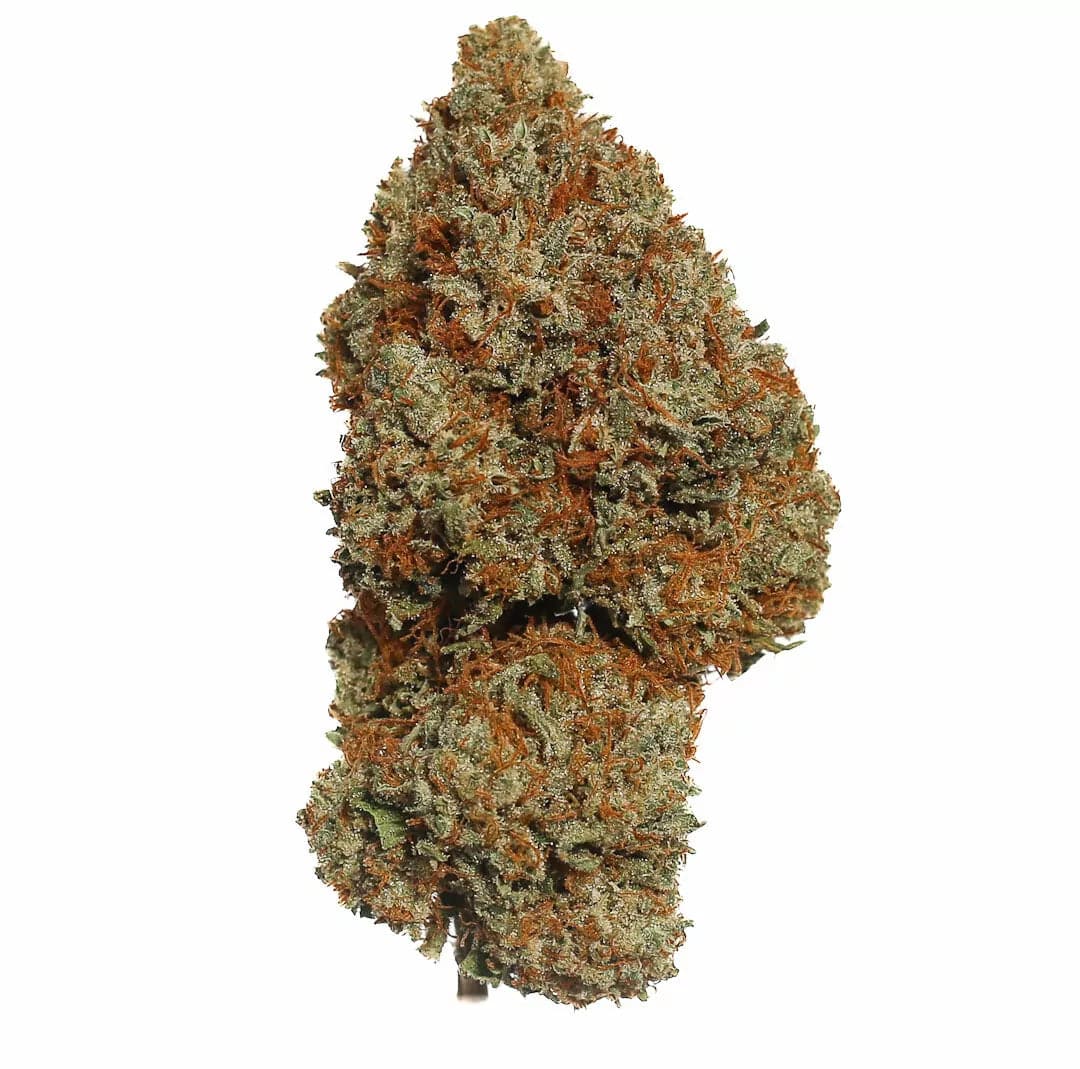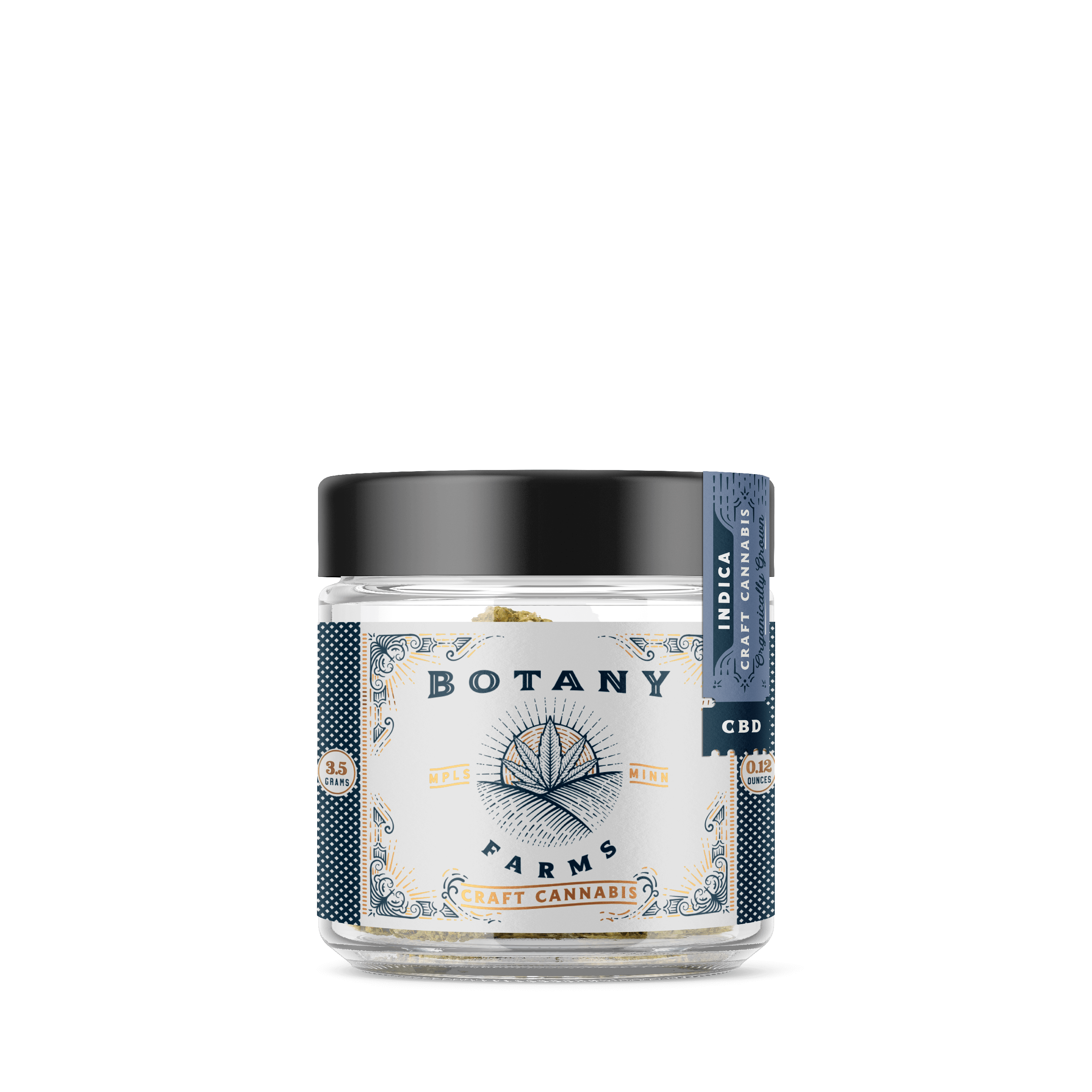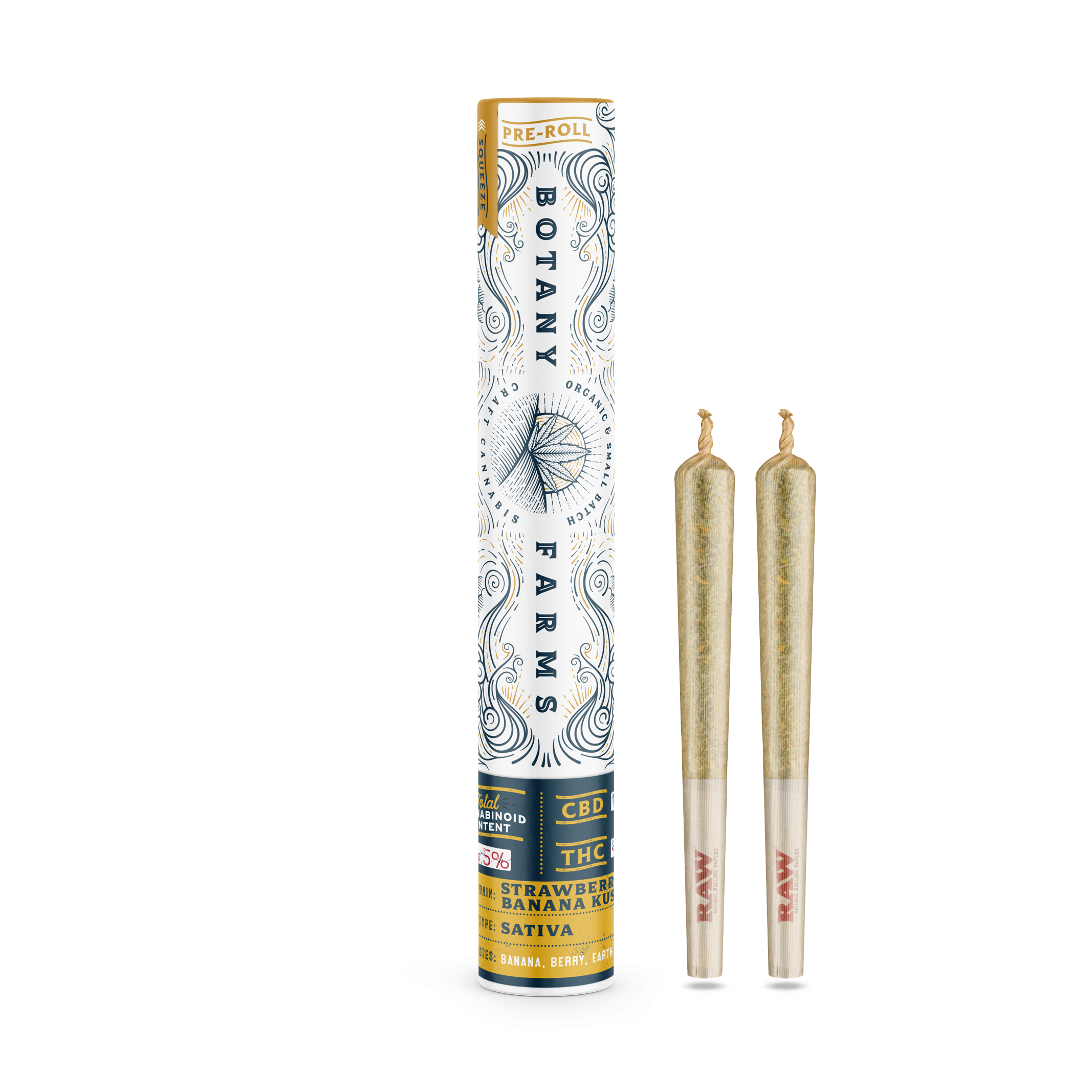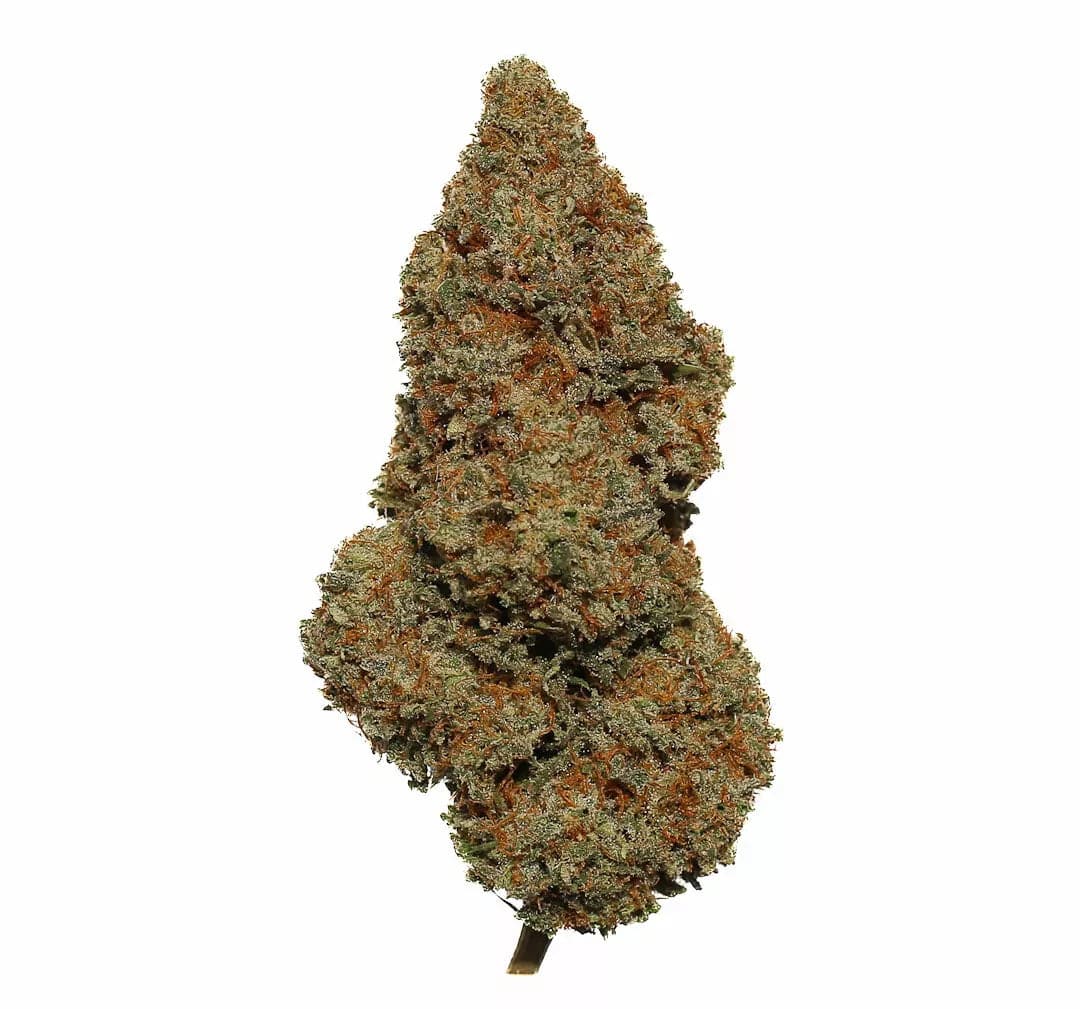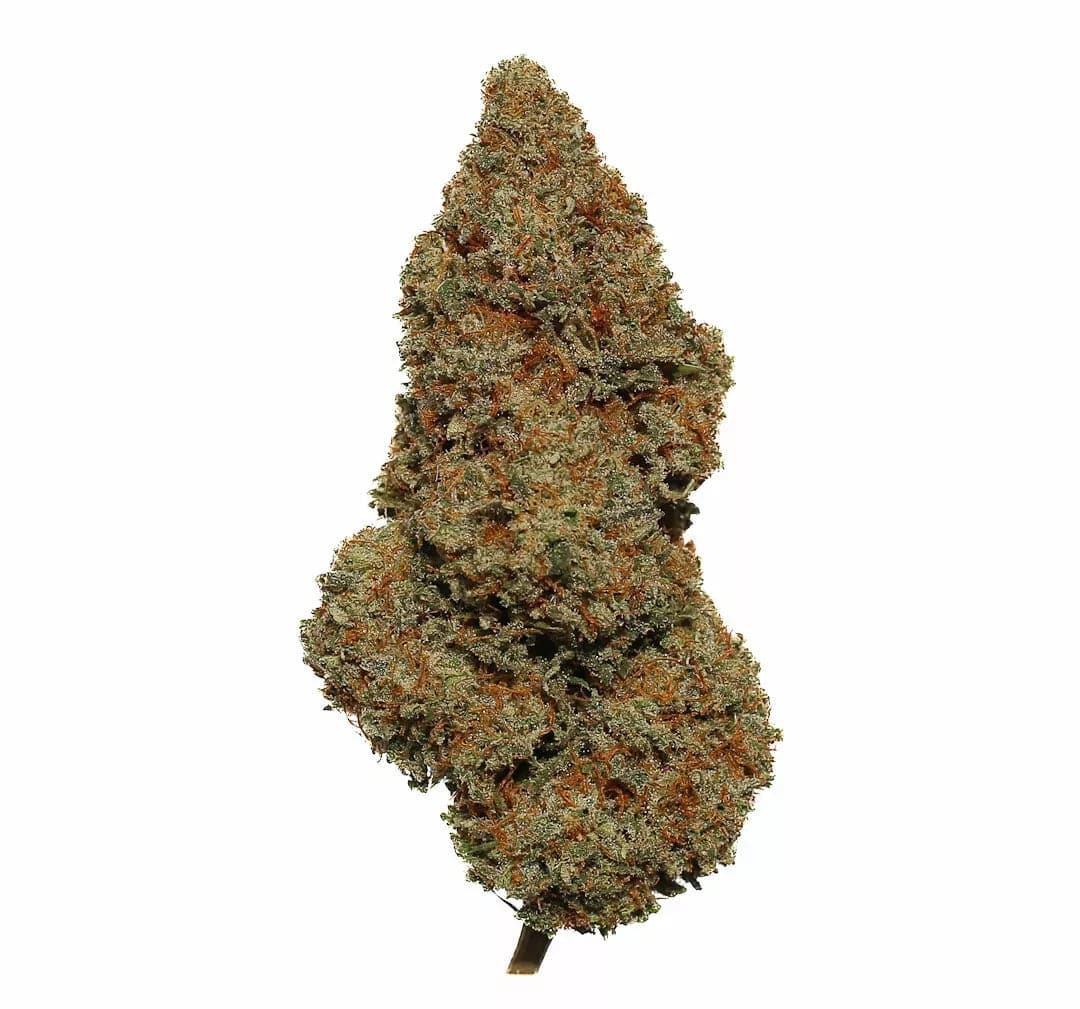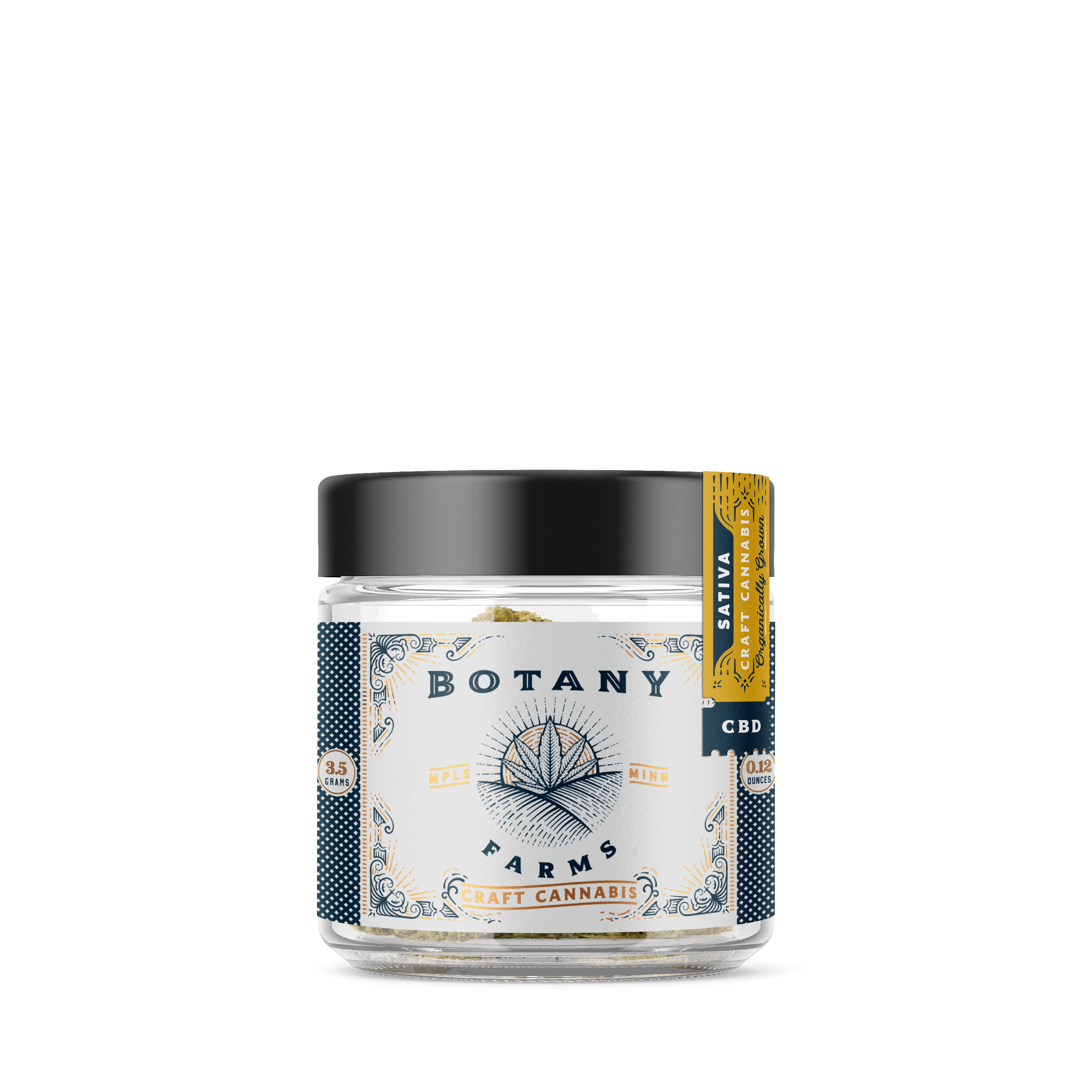Disclaimer: The information provided here is intended solely for informational and entertainment purposes. It should not be used as a substitute for professional medical advice, diagnosis, or treatment. Always seek the advice of your physician or other qualified health provider with any questions you may have regarding a medical condition or treatment and before undertaking a new health care regimen. Never disregard professional medical advice or delay in seeking it because of something you have read here.
Kidney disease is a serious, low-profile, and unglamorous problem and a disease that, curiously, disproportionately affects minorities. Healthy kidneys are the most direct sign that everything is working well in our body. Nowadays, the large number of possible benefits that CBD can bring to a person’s health is no secret.
Among the wide range of potential benefits that CBD brings, many people wonder if this fantastic cannabinoid could bring benefits, or conversely, problems, to organs as necessary for the proper functioning of the body as the kidneys. If you are looking for the answer to whether CBD oil is bad for your kidneys, we've got you.
In this post, we will delve into the relationship that this revolutionary and potentially beneficial cannabinoid has with the kidneys and if it is good or bad for them. Let's start with the most fundamental matter on this topic.
What is CBD, and What are the Benefits of CBD?
CBD, or cannabidiol, is one of at least 113 cannabinoids (the active components) of the cannabis plant, and the primary cannabinoid of the hemp plant. CBD is one of the most popular cannabinoids on the market today, primarily because of the wealth of promised health benefits it offers.
CBD has the quality that, while it is a cannabinoid, it is a nonpsychoactive organic compound. The result of that is that even though it offers most of the benefits of cannabis, it does not cause the buzz and high that so many people associate with cannabis. The cannabinoid that gets you high is THC or Delta-9 tetrahydrocannabinol, a cannabinoid which (naturally) occurs in high concentrations in the non-hemp varieties of cannabis plants.CBD also occurs (naturally) in cannabis, but in tiny percentages.
With the exception of a few CBD-heavy strains of cannabis, all commercially available CBD is extracted from the mature flowers of hemp plants. But CBD can take another form, one that can be produced in a lab. The main reason that CBD is so popular today is that there seems to be a huge number of therapeutic applications for it. Some of the scientifically substantiated medical benefits of CBD include:
- Analgesic and pain-relieving qualities.
- Anti-inflammatory properties.
- Anxiolytic and antidepressant qualities.
- It could reduce some of the symptoms related to PTSD.
- It could be a helpful tool to deal with some mental conditions.
- Potential antipsychotic properties.
- Neuroprotective properties.
- It might reduce seizures associated with certain types of epilepsy.
- Possible sleep regulator for people with Parkinson's disease.
- Heart health benefits.
- It could help people with substance abuse disorders.
Is CBD Oil Excreted through the Kidneys?
Although not entirely, the answer is yes; components of it are. A part of the CBD is excreted through the urine after passing through the kidneys. CBD has high lipophilicity; therefore, it is rapidly distributed throughout the body's organs, brain, muscles, and adipose tissue after it enters our body. After CBD completes its metabolic cycle in the liver, its remaining metabolites are excreted mainly in the feces and urine, but in smaller amounts.
Does CBD Oil Help Kidneys?
Although CBD is famous worldwide for the large number of possible benefits and medicinal applications that it could have, its specific benefits in terms of kidney function still need more targeted studies and clinical tests to prove or disprove the possible benefits it could bring.
Nevertheless, preliminary evidence suggests that cannabis, including some of its cannabinoids, such as CBD, could bring a series of benefits to dealing with the symptoms of CKD, or chronic kidney disease, in its advanced stages and even in its terminal phase. Additionally, CBD could also help relieve pain in CKD patients, thus decreasing the need to use opioids.
Is CBD Bad for Your Kidneys?
So far, everything indicates that CBD does not negatively affect the kidneys. Although CBD is becoming more and more popular worldwide due to the range of therapeutic applications it could have, there are still many people who need clarification about what exactly these benefits are.
Besides the already-mentioned analgesic, anti-inflammatory, anxiolytic, and antidepressant qualities of CBD, science continues to discover more and more possible medical benefits of this cannabinoid. In addition to the existing scientific data about the benefits of CBD, user reports point to the existence of other potential medicinal benefits. This is why some ask if CBD kills bacteria or could even reduce fever.
It is common for some users to have doubts regarding the possible drawbacks of CBD, especially regarding bodily functions such as kidney functions and the proper functioning of internal organs such as the kidneys. The good news for CBD lovers is that, to date, there is no evidence that CBD can negatively affect the kidneys. In fact, it's the opposite; existing scientific evidence regarding the relationship of CBD with the kidneys and renal functions suggests that it could positively affect them.
Is CBD Oil Bad for Kidneys?
The same goes for CBD oil; there is no evidence that CBD oil is bad for your kidneys. On the contrary, some types of oil can be beneficial and healthy for the kidneys and kidney functions.
CBD oil can be especially beneficial for the kidneys, as it not only provides the benefits of a complete oil rich in amino acids but also carries the potential medicinal benefits of CBD.
However, nothing in excess is good, and too high an intake of oils or fats can be dangerous for the kidneys or even fatal. In addition, some CBD oil products of dubious origin or manufactured by unreliable brands may contain harmful elements such as heavy metals or pesticides from poor cannabis or hemp processing, incorrect manufacturing methods, or careless cultivation practices.
This is why it is advisable to get your CBD oil products from reliable brands with a good background to ensure that you get a quality product free of harmful agents that can affect your kidneys.
How CBD is Absorbed into the Body
Before starting to take any medicine, drug, or supplement, it is important to understand how these substances interact with our body and how our body assimilates them. The same applies to CBD since, by understanding how CBD interacts with your body, you will know how to identify its effects when they begin to take, whether this cannabinoid causes a high or if CBD turns your eyes red when you consume it.
To understand how our body absorbs CBD, the first thing you should know is that the first stage of CBD absorption in our body depends greatly on the way you consume it.
The main methods of consumption of CBD are inhalation, sublingual administration, ingestion, and topical application. Each of these methods affects how our body absorbs CBD and its bioavailability in our bloodstream. Consequently, the potency of the effects is also affected.
When we take CBD by inhalation, our lungs are in charge of absorbing it. After the lungs, the CBD goes directly into our bloodstream. By taking CBD sublingually, it almost immediately passes into our bloodstream and begins to travel through our body. When ingesting CBD, our stomach must digest it so that it becomes available in our blood and can start generating its effects.
Finally, when we apply CBD topically, it passes the epidermal barrier, enters our capillaries, and begins interacting with the endocannabinoid receptors in our skin. Once CBD is available in our blood, our liver is in charge of processing and metabolizing it. At this stage, CBD is hydroxylated and converted into 7-OH-CBD and 7-COOH-CBD thanks to the CYP3A4 and CYP2C9 enzymes of our liver's cytochrome P450.
After this stage, our body gets rid of most of the remaining metabolites of CBD through the body's natural excretion pathways. However, due to the high lipophilicity of CBD, a small part of the CBD metabolites remains deposited in the body's fatty tissues. But, eventually, our bodies dispose of them naturally.
Smoking CBD vs Ingesting
Of the currently available methods of consuming CBD, smoking and ingesting it are, by far, the most popular. Let's say you're just getting into the world of cannabis, you want to try CBD for yourself, and you want to know if it's better to ingest a CBD edible or capsule or if it's better to smoke it. The answer is that when we compare smoking CBD with eating it, the preferred method depends mainly on each user's personal needs and preferences.
Not all people tolerate smoking well or want to avoid combustion residues that can be harmful in the long run. This is one of the main reasons why some people choose to ingest CBD or take it in oil form rather than smoke some CBD-rich hemp flower.
The most significant difference between ingesting CBD and smoking is the onset of the effects and the overall duration of the experience. When smoking CBD, you will start to feel the effects within a few seconds of inhaling.
On the other hand, when consuming CBD products in an edible form, the onset can arrive anywhere from 30 minutes to two hours after ingestion. This is why it is advisable when ingesting cannabis products to start with small amounts and wait long enough to decide if it is really necessary to increase the dose.
Another of the biggest differences between ingesting CBD and smoking is the duration of the experience. When we smoke CBD, the effects peak about half an hour after smoking and can last for 2–3 hours. In contrast, CBD edibles reach their peak effects about 2-3 hours after ingestion, lasting anywhere from 4 to even 10 hours until our body fully metabolizes the CBD.
When weighing CBD smoking vs. ingesting it, it is also important to talk about the potency of the effects, as there is a significant difference between these two methods of CBD consumption. On the one hand, if you enjoy smoking and the flavors and smells of a good CBD flower, smoking might be the right choice for you.
But if you use CBD medicinally and want to get the most out of CBD's therapeutic benefits, taking it in edible form or ingesting it in oil form offers a longer-lasting experience and more potent and effective effects for dealing with chronic pain and the treatment of symptoms of some types of cancer, anxiety, or depression.
Although smoking CBD can offer you the same benefits as this cannabinoid, the duration and potency of its effects are less than when you ingest CBD. Storage time can also be an important factor to consider, as there is a significant difference between the shelf life of smokable products and ingestible CBD products.
In this sense, smokable products have the advantage since CBD buds, stored under the right conditions, can last up to a year or even more without damage. Some people wonder if edibles can go bad, and the simple answer is yes. As with all foods, CBD edibles are made with ingredients that can go bad, compromising the shelf life of the edibles. The average shelf life of CBD edibles is just 6 months.
Nonetheless, some edibles, like CBD gummies or drinks, can last longer in storage than edibles like CBD brownies or cookies. That said, it is clear that the winner of the battle between smoking CBD and ingesting it lies in each user's choice based on which of these two forms of consumption best suits their preferences or best meets their needs.
Final Thoughts
At the end of my journey through the science of CBD, I have gained profound respect for this cannabinoid, but also an element of caution when it comes to the effects of CBD and their potential implications on kidney health.
While diving into the science of CBD can be illuminating, it serves as a stark reminder of what we still don’t understand. So far, the evidence is promising. CBD doesn’t appear to harm kidneys, and it might have a multitude of benefits, such as better-quality sleep for those with chronic kidney disease.
This could be particularly beneficial for those whose kidney disease leads to chronic pain. If CBD reduces the need for opioids, that’s a good thing for the kidneys and other major organ systems. CBD could therefore be helpful for CKD patients.
Just make sure to buy high-quality products in reasonable quantities; not all CBD products are safe, and CBD isn’t harmless in large doses. CBD is currently a rather mysterious molecule. Our goal should not be rushing headlong into it while pretending that it can solve our problems – health or otherwise.
We have to be thoughtful about it while we study this emerging biomedical area. Ultimately, we need to consult our trusted healthcare providers. Our exploration of CBD and its place in our lives is only beginning, and I am excited to see where it goes, especially when it comes to kidney disease.
Where to Buy CBD online
If talking so much about CBD has made you want to try it for yourself and you want to know where you can get the best quality CBD products, you are in luck! At Botany Farms, we specialize in providing our users with the best and most select hemp, CBD, and other innovative cannabinoid products.
If you lean towards smokable CBD products, we have on our shelf some exquisite premium-quality CBD flowers waiting for you to order. If you want to reap the benefits of CBD accompanied by energizing and uplifting Sativa effects, our batch of delicious Strawberry Banana Kush CBD flowers may be the one for you.
These tasty hemp flowers, just as the name suggests, carry delightful banana and berry flavors with slight earthy touches that complement their mouthwatering profile and up to 13% CBD, which will undoubtedly make you feel the therapeutic power of this cannabinoid.
If you don't have enough time to roll your own joints, we also have perfectly assembled and ready-to-lit pre-rolls of Strawberry Banana Kush CBD for you in our stock. If you want more relaxing effects and enjoy a potent 14.6% CBD content packed with luscious blueberry flavors, ripe grapes, and sharp piney undertones, then our Blueberry Kush CBD Indica flower is the perfect choice for you. These luscious blossoms also come packaged in convenient two-and-a-half gram pre-rolls that you can simply pop out, light, and enjoy anywhere you want or can.
On the other hand, if you prefer edibles, we have a wide selection of cannabis gummies with different cannabinoids, among which our delicious CBD gummies stand out. Our mixed-flavor CBD gummies are one of the most requested options by our customers. They contain 25mg of CBD in each serving, packed in delicious mixed fruity-flavored gummies with high medicinal power that will leave you wanting to continue tasting them.
Best of all, getting any of these products is super easy. Just choose your favorite product and click order! Our dedicated team will get to work to get your order quickly and discreetly sent directly to your doorstep!
Sources used in this article:
https://www.ncbi.nlm.nih.gov/pmc/articles/PMC5549367/
https://www.ncbi.nlm.nih.gov/pmc/articles/PMC5922297/
https://pubmed.ncbi.nlm.nih.gov/32144889/
https://pubmed.ncbi.nlm.nih.gov/30328956/
https://www.ncbi.nlm.nih.gov/pmc/articles/PMC7699613/
https://pubmed.ncbi.nlm.nih.gov/30543451/
https://pubmed.ncbi.nlm.nih.gov/25667194/
https://pubmed.ncbi.nlm.nih.gov/28538134/
https://www.ncbi.nlm.nih.gov/pmc/articles/PMC8161868/
https://www.ncbi.nlm.nih.gov/pmc/articles/PMC8161868/
https://pubmed.ncbi.nlm.nih.gov/31109198/
Note: This article is provided by Botany Farms for informational purposes only and does not constitute medical advice. The content is intended to offer insights into the practice of dabbing and the use of cannabis concentrates, reflecting current knowledge and research within these areas. It is not aimed at diagnosing, treating, curing, or preventing any diseases or health conditions. As the legal status of cannabis varies across different regions, it is the responsibility of the reader to be informed about their local laws regarding cannabis use. Botany Farms advises all readers to consult with a healthcare professional before making any decisions about cannabis consumption to understand fully the potential risks and benefits. Botany Farms and the authors of this content disclaim all liability for any adverse effects that may arise from the use of information provided in this article.
